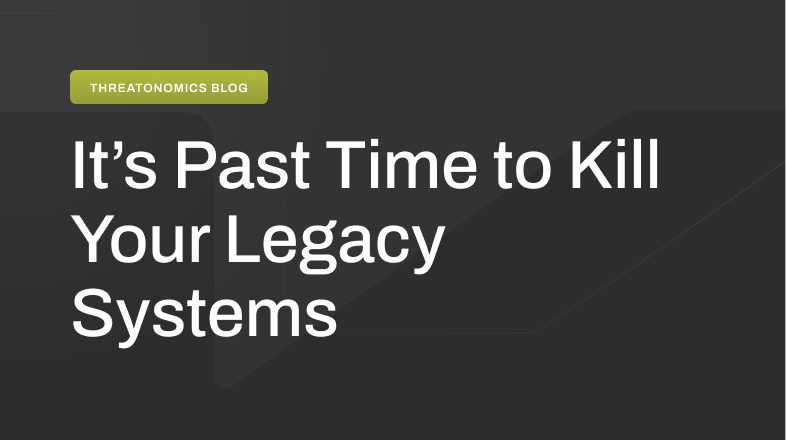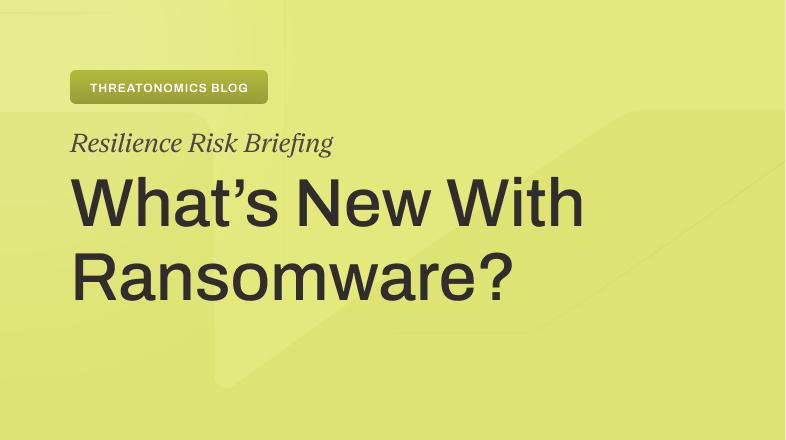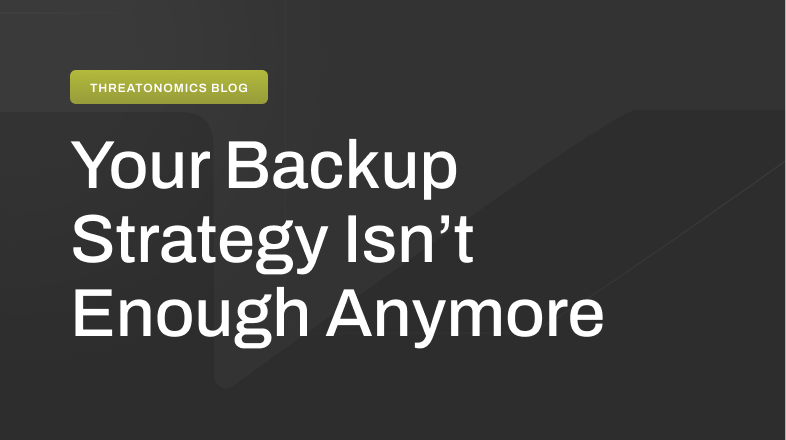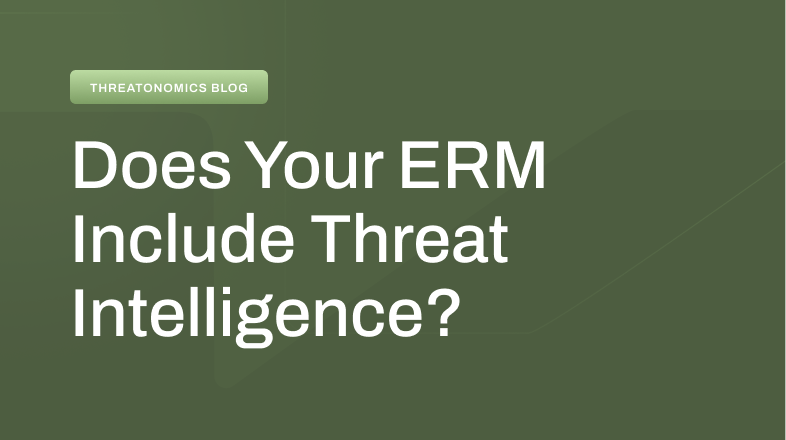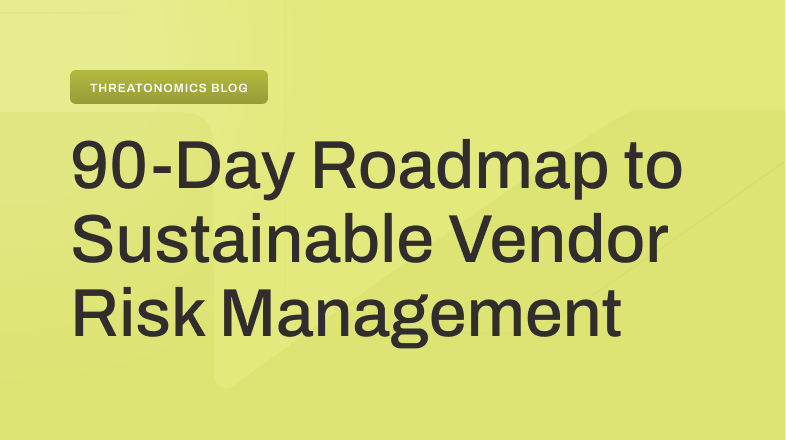For security leaders around the world, the already high-stakes responsibility of defending company networks from cyber threats comes with the additional pressure of securing your environment while staying on top of evolving risks, trends, and more. This requires the assistance of specialists who can help guide, validate, and augment your cyber risk mitigation efforts.
Having a reliable partner to assist with sifting through the noise of threat intel and identifying which alerts matter most to your organization is invaluable for security experts working within time constraints to develop risk mitigation plans. Resilience’s cyber risk management solution offers this partnership by leveraging the latest risk modeling technology with a human-in-the-loop approach.
Why Human Context Matters to Cyber Risk Management
All cybersecurity strategies are context-dependent. Ensuring the reliability of a hospital network requires managing different risks than running a pizza parlor. That is why human-in-the-loop expertise matters because it helps clients prioritize and implement security controls specific to their business.
Many companies that offer security scoring miss this context because they don’t have a human expert in the loop who can apply their real-world, tactical knowledge to technical analysis. We not only offer the tools to look at our client’s technical exposures and controls but also make tailored suggestions with experts ensuring the information is accurate and actionable.
For example, in traditional cybersecurity, if a client has an open database exposed to the Internet, it would seem to be a critical issue. However, if the individuals conducting the scan could add context to that picture, they may realize that the database has no sensitive data or no connection back to the internal network. This human-led context provides the feedback to determine whether exposures or vulnerabilities are actually critical, reducing false positives and costs to the clients.
Expert Partnerships Across Cyber Risk Management
Resilience offers security professionals a partnership approach that extends beyond the capabilities of conventional cyber risk offerings. While our clients are experts in their own cybersecurity, we offer them access to a community of experts in the fields of risk quantification, cyber insurance, legal communications, compliance, and more. “Sometimes having a third party come in and say, this is what we think your priority should be, this is what you’re doing right and what could be improved can actually go a long way,” said Randall Jeske, Client Success Manager at Resilience. “It offers an unbiased system of feedback on what you’re doing and tailored advice to improve your risk posture.”
Our teams are not just there to answer questions: we build true partnerships in which our clients are always top of mind. For example, when new threat intel is received, we send out alerts and emails informing any clients who may be impacted. This human-level engagement with our clients continues through quarterly meetings, engaging tabletop exercises, in-house 24/7 insurance claims and incident response, and help with financial cyber risk modeling. Our team’s cross-departmental expertise enables clients to create a comprehensive cyber risk solution that is specified to their unique risk and tailored to help them build long-term cyber resilience.
The Resilience Solution
From the conception of our client’s policy and throughout any circumstances they encounter, our experts are there to offer guidance, recommendations, and more. “There are a lot of experts in the loop with what we do,” said Jeske. “And you’re actually working with us. You’re speaking to a cyber expert who really cares about building your resiliency, not just getting another sale.”
To demo our platform and product, visit our website.



